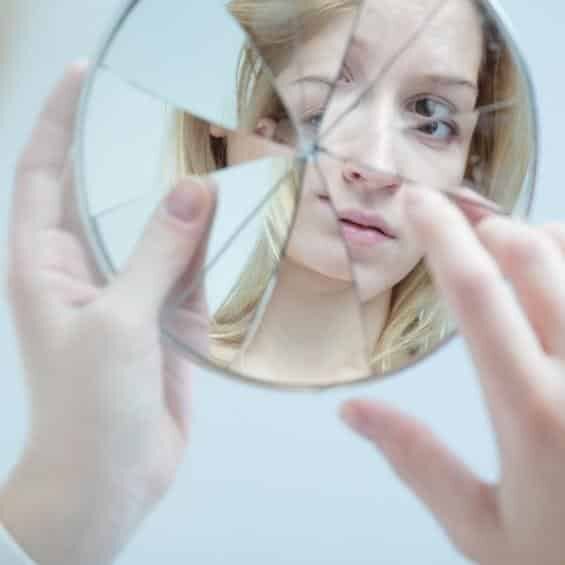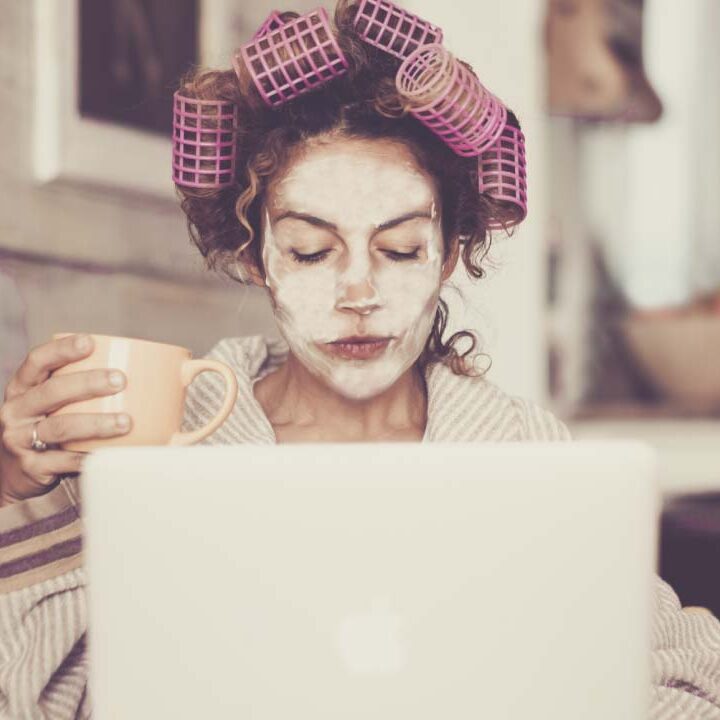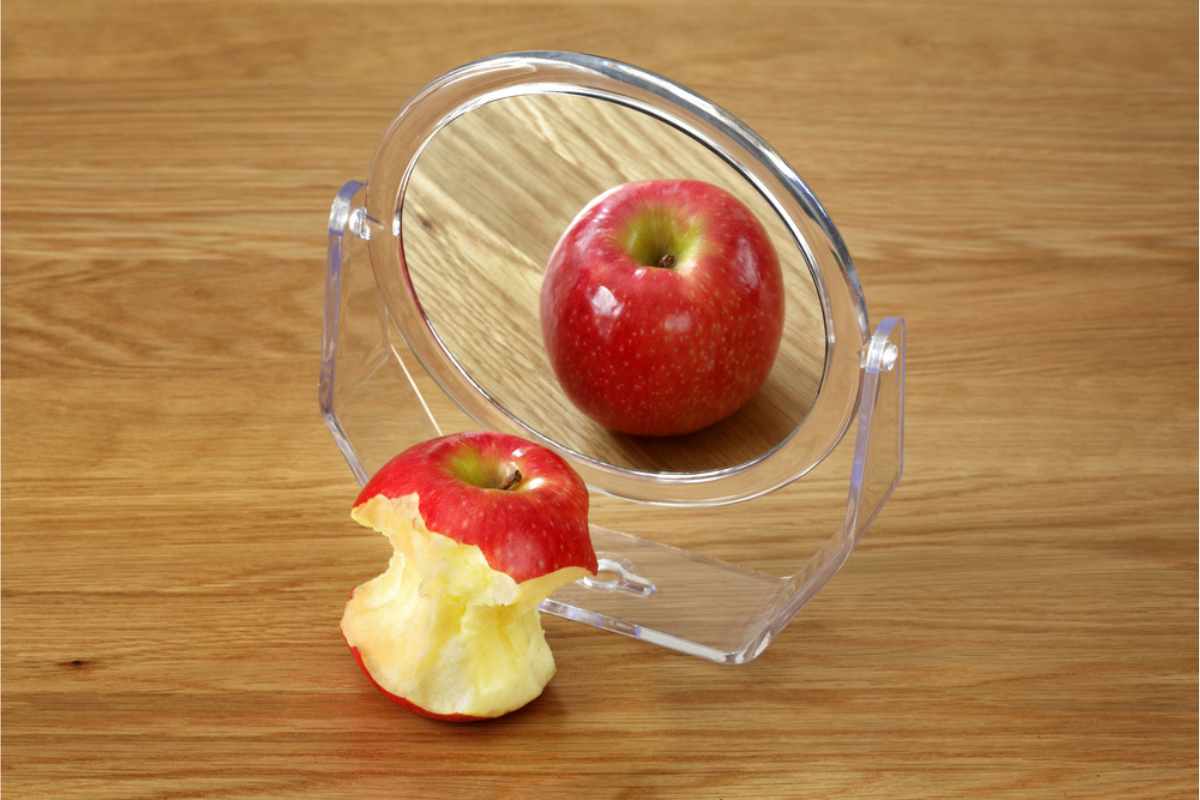

Take The Quiz
Body appreciation is positively linked to intuitive eating (i.e., eating according to physiological hunger and satiety cues), women’s sexual functioning, and physical activity.
Take this quiz and find out where your body image stands.
Please Note: This is not a diagnosis.
Review Your Quiz Score
Body image issues can affect anyone. No matter your size, shape, gender, or age, no one is immune to a negative body image.
Society keeps pushing the standard of perfection higher and higher. Key contributors to negative body image include:
- Family Influences
- Media Pressure
- Your Partner/Spouse
Negative Body Talk Can Represent Other Feelings
Do you find yourself saying, “I feel fat”? What does that really mean to you? Negative body image thoughts are often a way of talking to yourself about other issues in your life or feelings that bother you. Learn to decode these messages and stop the negative body thoughts.
There are often psychological factors that affect the way you feel about your body at a particular moment. For example, a negative body image thought such as “I feel fat” might be a way to distract you from a particular feeling such as loneliness, sadness, or despair. What happens is that the uncomfortable feeling (loneliness, sadness, despair) gets translated into a negative body thought.

Follow Up To The Body Image Quiz
Change Your Body Image With Help From A Specialist
Cognitive Behavioral Therapy (CBT) is often used to help people with body image issues learn to recognize the moment they start putting themselves down, being unfair to themselves.
The work done in your therapist’s office is mostly geared towards developing self-compassion. Learning to identify and cope with difficult emotions and meet your true needs can also be helpful.
And we mention therapy because having someone you trust and someone you can talk to about your body image issues is always a great solution. If you’re struggling with self-image, don’t go through that journey alone.
Source:
Tylka, T.L., & Wood-Barcalow, N.L. (2015). The Body Appreciation Scale-2: Item Refinement and psychometric evaluation. Body Image, 12, 53-67.
















